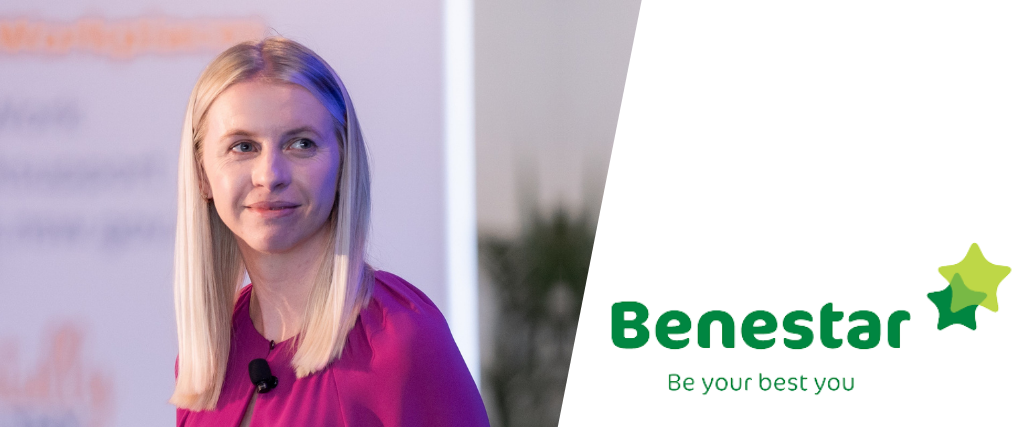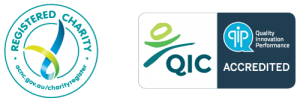
Camille Wilson, National Organisational Development Manager, Benestar is a long term member, supporter and advocate of WayAhead Workplaces. She is a force to be reckoned with in the workplace mental health sector, having a wealth of knowledge from lived experience, academia and Human Resource Management.
We are honoured to have her hosting our Forum on June 15, as well as facilitating a lived experience panel on the day. We sat down with Camille to dive into what makes her tick in the lead-up to our 2022 Annual Members’ Forum.
Tell us a bit about your work in workplace health and wellbeing
My life is all things workplace health and wellbeing, so it is good thing that I am beyond passionate about it as a topic! My current focus falls into two main areas.
There is a lot that goes into a meaningful program of work when organisations are thinking about engaging with their employees to hear their thoughts, trepidations and lived experiences, and as someone with lived experience myself, I know first hand how hard it can be to share your story, even when it is for the benefit of others. To support organisations in ensuring their process of LE engagement is safe and meaningful, I work with organisations on how to embed lived experience of mental health into their workplace wellbeing programs. For example, this might be an e-learning module that a client wants to include stories of lived experience from employees in, or it might be engaging with employees to hear their stories to either share in a storytelling campaign or to formulate the wellbeing strategy.
In addition, I also work as the National Organisational Development Manager at Benestar, one of Australia’s leading workplace wellbeing partners (more commonly referred to as an Employee Assistance Program). I support our clients in designing and developing mental health learning capability programs to upskill their leaders and employees in their mental health literacy, resilience, and all things wellbeing. I absolutely love my role at Benestar being able to provide expertise in how to facilitate amazing programs of work. It is rewarding to see ideas come to fruition in the work that we do with our clients.
Finally, I am fortunate to be an ambassador for ANZMHA who run incredible conferences on workplace wellbeing. I am also a lived experience advisor for the peer support technology start-up, ByMindSide, and a lived experience reference group member for SIRA, NSW Government.
(see, we told you she was a force to be reckoned with!)
What inspired you to get into this sector?
I’ve always been passionate about mental health since having personal mental health challenges during my teenage years. At the time, I was really unwell and didn’t want other teenagers to feel the way I did, so my determined (and naïve) 16-year-old self started the mission to dedicate myself to changing the way we see mental health. From there, I studied psychology at university and fell in love with organisational psychology.
I was too excited to change the world so I left university after my undergrad to work in HR… Making a long story, very short! One thing led to another and I am fortunate to be doing what I am today.
What is your biggest frustration in the workplace wellbeing/mental health sector?
I won’t get on my soap box because, admittedly, there is a lot that frustrates me about the workplace wellbeing/mental health sector, however I try to see these frustrations as opportunities to share my expertise and lived experience to fuel change.
A lot of workplaces put a lot of money into workplace wellbeing programs, but much of the time, they are inaccessible for employees because they don’t drive personal meaning for them. We all know that we engage into an activity or buy a certain brand or similar because a friend or someone we trust told us that it was worth it. It drove us from intention to action. Workplace wellbeing programs are under-utilised because we fail to make them personal, to mean something to that person who needs the support.
This is why I am so driven to embed lived experience into workplaces and how we formulate solutions – because if we do not know what matters to our employees, then how we can decide for them what they need for their wellbeing.
If you could wave a magic wand and improve/implement one thing across the board, what would that be?
I was chatting with a colleague the other day about what we need to do to change mental health in the workplace. Much of what the sector needs is fairly simple and it comes back to remembering how to be human.
There are some easy, simple wins that workplaces can do by engaging with the people who their workplace wellbeing strategies are going to affect. There are always going to be 1000 barriers to say why we shouldn’t just make the simple changes, but there is only ever going to be one opportunity to make a difference to someone’s life by being a good human being and focusing on the small stuff – and it should be as easy as starting right now.
Camille Wilson
National Organisational Development Manager
At WayAhead, we’re proud to work with wonderful people like Camille.


